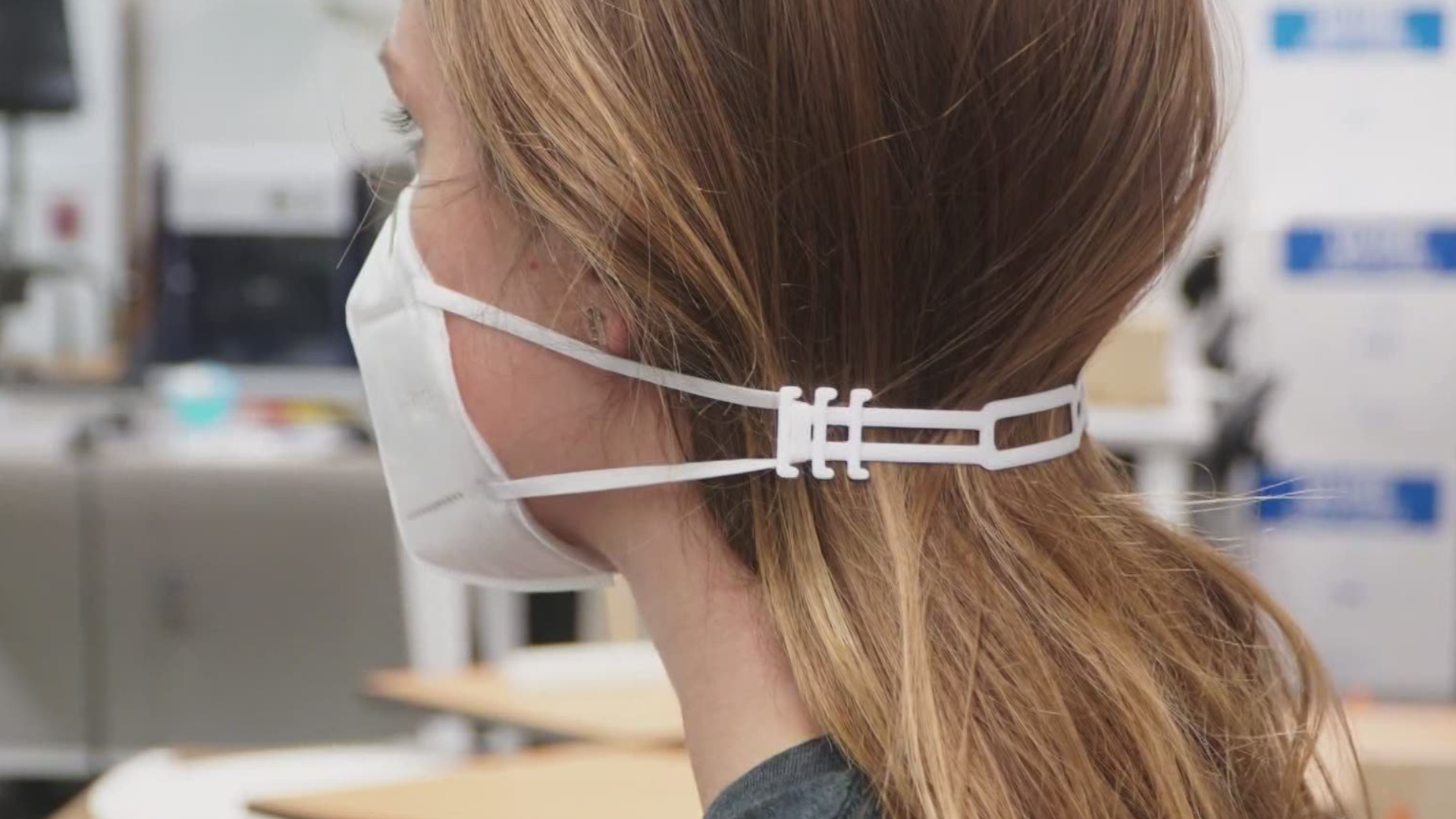TAMPA, Fla. — The National Science Foundation has awarded a team of scientists from the University of South Florida a rapid response grant to advance efforts to establish technology that can rapidly sterilize and electrostatically recharge N95 respiratory masks.
Ying Zhong, assistant professor of mechanical engineering, and Libin Ye, assistant professor of biological sciences, received approximately $167,000 to further this research.
The sterilization technology is designed to fight coronavirus by using corona discharge, low-temperature atmospheric pressure plasma, and works by deactivating pathogens on a mask and restoring its electrostatic charges.
Wearing masks prevents the transmission of microdroplets, which protects people from the virus. Due to the worldwide shortage of masks during the coronavirus pandemic, they are being reused which dramatically decreases a mask’s effectiveness after it is being exposed to disinfectants and steaming sterilization methods. These masks are essential to protect front line workers, therefore reusing them can put them at risk.
Zhong and Ye are also developing handheld surface screening devices to sterilize homes, hospitals and other public areas, such as restaurants, schools and public transportation.
“We hope portable corona screening devices can provide a safe solution for effective sterilization, instead of repeatedly utilizing large amounts of disinfectants,” Zhong said. “Developing an efficient, sustainable and affordable solution for everyone to have access to and to protect more people is what we, researchers, feel responsible to do in a pandemic like this.”
The team has proven the technology can kill 10,000 E. coli bacteria in less than a minute with a single-needle model. USF is collaborating with a lab at the University of California San Diego to validate the technology’s effectiveness against SARS-CoV-2.
“It is exciting to see corona can kill coronavirus,” Ye said. “The application of this technology will transform the way we disinfect for public health purposes in a more convenient and effective manner.”
The researchers have filed for a provisional patent and are working toward FDA approval. They’re also collaborating with a medical device design company to turn their prototypes into products available to hospitals and the general public that would cost less than $50.
This technology is also one of 14 projects to receive initial funding from the University of South Florida COVID-19 Rapid Response Research Grants program. The program is designed to help USF researchers quickly scale up their projects while seeking longer-term federal research support through the recently passed CARES Act and other sources. The USF Office of Research and Innovation is expected to soon announce the second round of projects to receive funding.
What other people are reading right now:
- Transcript of 911 call on George Floyd released
- CNN crew arrested on live TV while covering Minneapolis protests
- Tampa Bay police chiefs respond to the death of George Floyd
- Hillsborough County endorses plans for reopening Busch Gardens
- 103-year-old woman celebrates coronavirus recovery with a cold beer
FREE 10 TAMPA BAY APP:
►Stay In the Know! Sign up now for the Brightside Blend Newsletter



